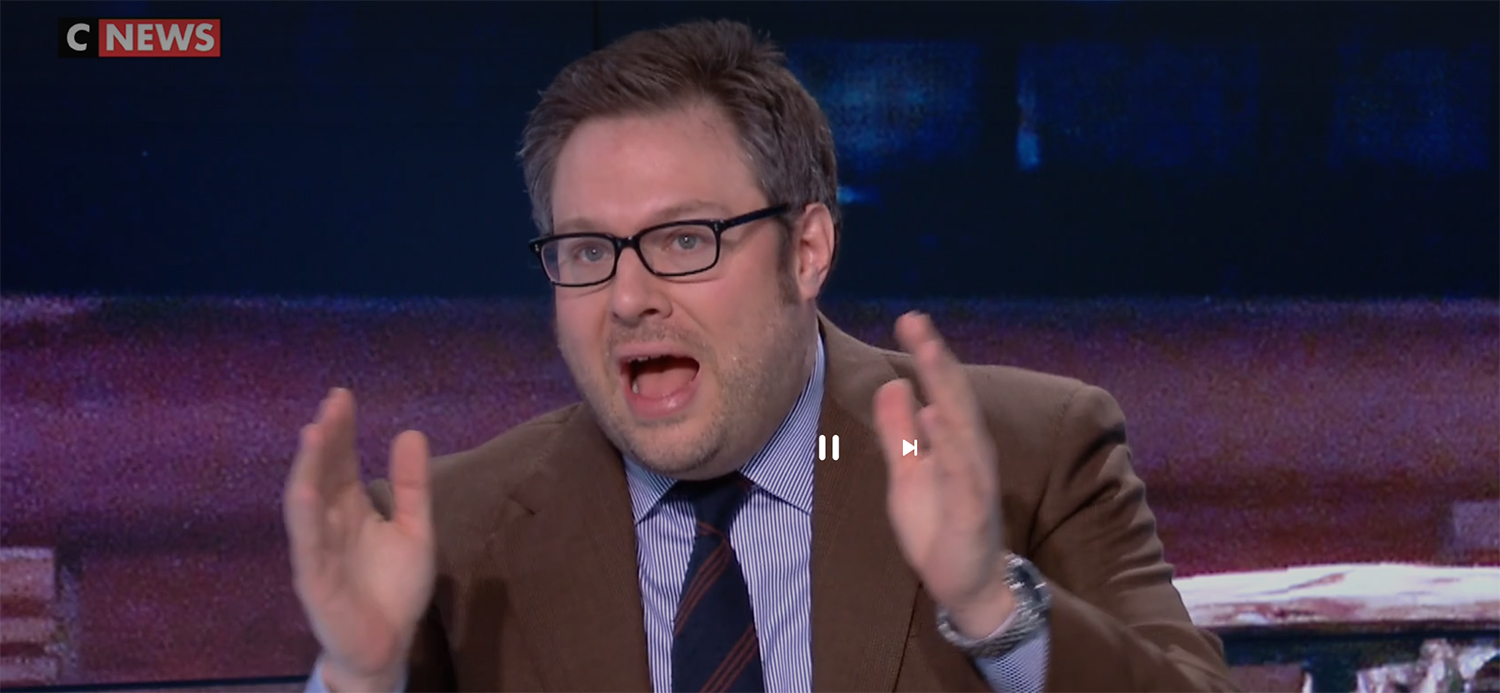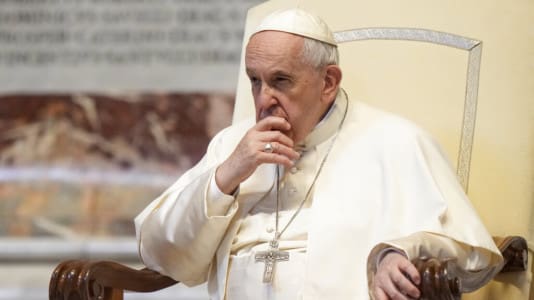Immigration is creating heterogeneous pockets of society that lack normal cohesion, Canadian sociologist and political commentator, Mathieu Bock-Côté, told viewers on French television CNews.
“When a society predominantly receives new populations it cannot integrate (…) that inevitably creates groups that are on the fringe of society and creates different civilizations, which is the case in France today, the conditions are there for conflicts, cultural and identity tensions,” Bock-Côté said on the Face a l’Info political talk show.
After Éric Zemmour began his presidential campaign and was forced to reduce his television appearances, Bock-Côté has become one of the biggest faces on French television channel CNews warning of the dangers of mass immigration.
Bock-Côté emphasizes that differences in education, religion, race, and culture are leading to a France that increasingly looks like the U.S. — a country obsessed with race to the point that other societal ills are either ignored or increasingly attributed almost entirely to racism.
“There is for example, a difference in schooling levels, in the level of morals (of the different components of society), all which lead to a logic of social fragmentation,” Bock-Côté said. “And this not something people in France didn’t know. It’s rather something almost everyone wishes to forget.”
Bock-Côté’s is underlined by increasingly lawless no-go neighborhoods seen in French society, of which there are over 1,500, according to an ex-intelligence officer speaking to the French press earlier this year. French society has fragmented along race, culture and religion, and Marine Le Pen scoring 42 percent of the vote while running partly on a platform designed to halt mass immigration, underlines this trend.
[pp id=30808]
Furthermore, regarding education, despite Paris’ left-wing reputation, the city is notoriously segregated when it comes to the schooling system, as Remix News has previously reported. In a city that celebrates multiculturalism, left-learning parents are racing away from diversity, sending their children to private schools, all while data shows that they vote for candidates that want to increase mass immigration. This seemingly counter-intuitive trend displays the cognitive incoherence of parents who want what is best for their children while simultaneously seeking to virtue signaling through politics among an elite that at least among the urban professional milieu is required to be open to diversity and multiculturalism.
Bock-Côté also underlines the difficulty facing women in an increasingly multicultural French society.
“The first point where incompatible morals (standards) clash is the behavior towards women,” he said. “A society is first a system of social cooperation. For social cooperation to work, there must be a (level) of confidence between members of said society and be able to apply that to their behavior in their relations. In their relations with women, the subtexts of speech, the subtexts of memory.”
“In a society that has exaggerated differences, one that is excessively heterogeneous, cooperation is no longer possible,” Bock-Côté said.
[pp id=8061]
Middle Eastern societies are notoriously repressive towards women, yet, France’s left-wing has pushed for more immigration from these countries. Numerous examples underline the difficulties that arise, such as the case of Mila, who was only 17 years old when she needed to go into hiding and be protected 24 hours a day by a police detail for criticizing Islam. She received over 50,000 death and rape threats from across France. In other migrant-heavy neighborhoods, women who dress “too proactively” are routinely harassed and even assaulted on the streets.
Responding to a question, Bock-Côté said that confidence between various components of a society is a critical element.
“For confidence to exist, generally the first conditions is similarity, similarity in terms of race, terms of culture, which means that (different elements) recognize each other as belonging to the same society. The experience in Scandinavian countries is that when confidence and similitude in a society drops, communitarianism will multiply.”




